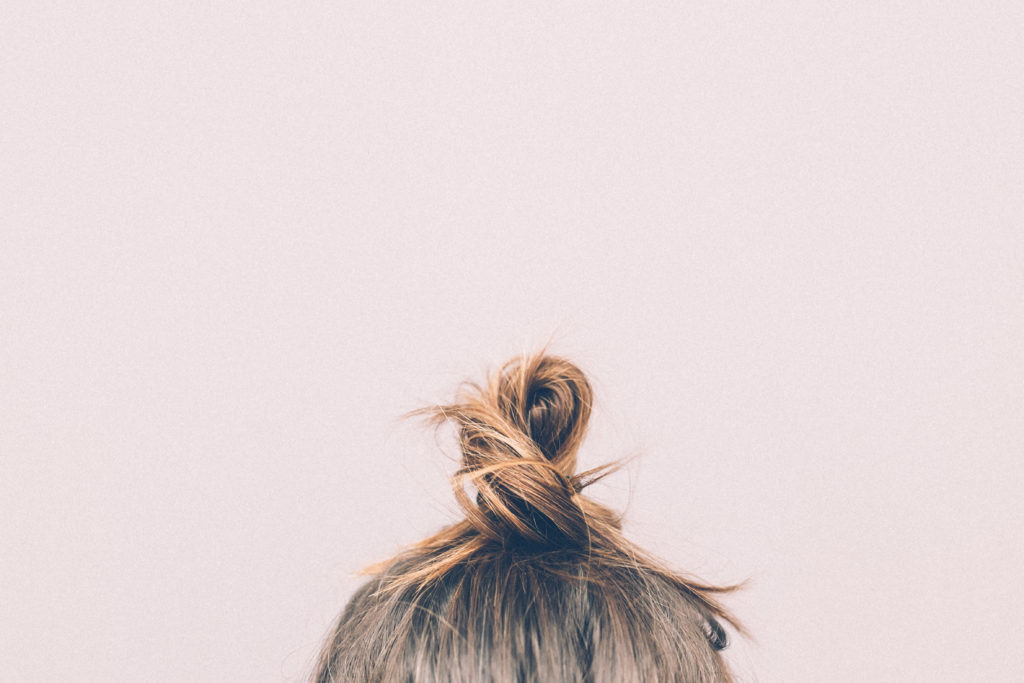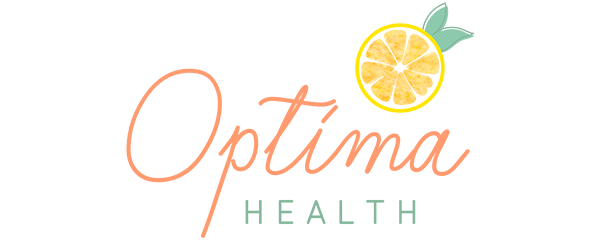Good nutrition and self care are key in achieving strong, healthy locks.
Back when I was in a state of health imbalance my hair suffered terribly. It was super dry, brittle and ratty. It was even falling out! These days my hair is flourishing; it is strong and healthy; and I have no doubt that this is due to a nourishing and balanced dietary intake. The way we nourish our bodies on the inside, will always show on the outside. When our intake is inadequate in quantity and/or quality, this effects both our internal health but also our external health.

Here are my top tips for good hair health:
Lifestyle:
- Focus on nude food i.e. lots of fresh produce. Aim for something fresh and green with at least 2 meals of the day. For example, make a salad with a base of spinach and rocket to have as a dinner side and add some lettuce to your wrap at lunch.
- Aim for at minimum three serves of oily omega-3 rich fish per week. Examples include: sardines, salmon, mackerel, trout and herring. Other plant-based sources of omega-3’s include ground flaxseed, walnuts and dark leafy greens.
- Ensure adequate protein with each meal. Hair is almost entirely protein, with its two primary components being keratin and collagen. Inadequate protein can lead to thin, brittle hair. Click here for some great protein sources.
- Aim for nutrient density. Ensure a balanced plate at each meal that contains wholegrain carbohydrates, quality protein, healthy fats and plenty of fresh produce. Healthy fats (such as from nuts/seeds, avocado, oily fish etc) help to nourish hair and make it shine.
- Reduce stress – physical stress and emotional stress. High cortisol effects everything and causes our health (and therefore our hair) to deteriorate.
- You are what you digest! This could not be more truer of a statement. If we’re not digesting and absorbing adequately, we put ourselves at risk of nutritional deficiency. Hence, mindful eating, not drinking large amounts at mealtime, reducing stress (stress stresses our digestive process) and drinking warm lemon water in the morning all assist with this.
- Ensure adequate hydration. Say no more.
- Rest, rest and more rest. Self explanatory. Remember, its a necessity and without, the body cannot and will not function optimally.
- Try a nourishing hair mask. There are plenty of homemade ones you can try. An easy and affordable option is coconut oil, which helps to nourish the scalp and helps to locks to shine.
Nutrients:
- Key nutrients to focus on:
- Zinc: An important mineral required for protein synthesis and helps to increase hair growth.
- Sources: sesame seeds (including tahini), oysters, scallops, beef, lamb, eggs, amaranth, chickpeas/lentils/beans, chia seeds and pepitas.
- Silica: Helps to stimulate hair growth.
- Sources: green leafy vegetables, beans, mango, cucumber and zucchini.
- Vitamin C: An important vitamin required for collagen synthesis and hence, hair growth. It is also important for scalp circulation and iron absorption which also maintains the strength of hair. Poor iron levels cause hair breakage.
- Sources: broccoli, red capsicum, cabbage, citrus fruits, kiwi fruits.
- Iodine: Helps support the thyroid – a major gland involved in hair health (and skin and nail health too!)
- Sources: seaweed, iodised table salt. Sushi is a great option as well as wraps made with seaweed.
- Selenium: Also helps to support the thyroid gland.
- Sources: brazil nuts, couscous, oats, brown rice, mushrooms
- Vitamin E: Helps to prevent split ends and hair loss as well as nourish the scalp, improve its circulation and repair any damaged hair.
- Sources: wheat germ oil, almonds, olive oil, sweet potato, tuna, hazelnuts and avocado.
- Biotin: Another important nutrient for growth and repair of hair cells. It is also required for the efficient and proper metabolism of our macronutrients (hello good digestion and absorption!).
- Sources: liver, egg yolk, salmon, avocado, pork, cauliflower and raspberries.
- Iron: Low iron can result in thinning of hair and increased risk of breakage.
- Sources: red meat, chicken, lentils, dried apricots, amaranth, quinoa, spinach, chia seeds, cashews, brown rice.
- Vitamin D: Commonly found to be low in females suffering from hair loss.
- Sources: Sunshine and fish.
- Zinc: An important mineral required for protein synthesis and helps to increase hair growth.
What do you do to healthify your hair? Do let me know! I love your feedback.
Feel free to share.
Thanks for reading!
